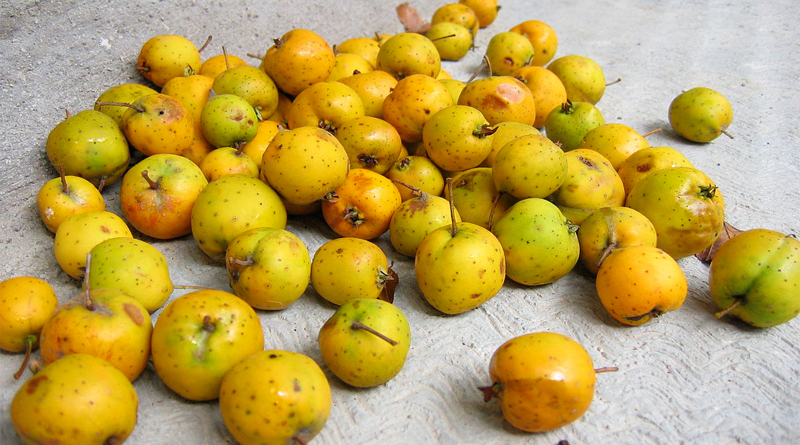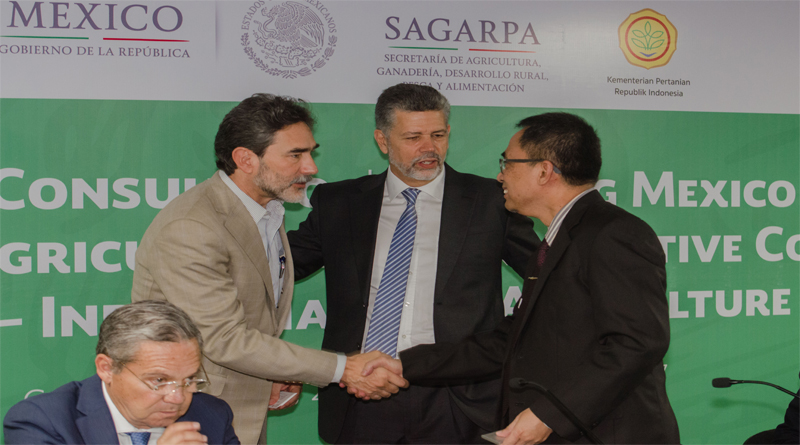The Food and Agriculture Organization (FAO) is naming 2020 the UN’s International Year of Plant Health (IYPH). The move aims to raise global awareness on how protecting plant health can help end hunger, reduce poverty, protect the environment and boost economic development. With plant-based diets and nutrition on the fast track, FAO’s launch seems well-timed. Vegan and flexitarian diets are inspiring innovation in the plant-based sector with meat and dairy alternatives enjoying accelerated NPD.
Innova Markets Insights has pegged “Plant-Based Revolution” as a top trend for 2020 and reports a 68 percent average annual growth in food and beverage launches with a “plant-based” claim (Global, CAGR 2014 to 2018).
“Plant-based is definitely something that is very positively perceived by consumers. We think there is a lot more opportunity for mainstream plant-based claims. This is one of the results from our survey, which asked consumers what claim they prefer when buying meat or dairy alternatives. Plant-based was the clear winner. Consumers also think plant-based sounds healthier than vegetarian or vegan options. Figuring out the terminology and marketing terms is always a really important part of promoting a trend,” says Lu Ann Williams, Co-Founder and Director of Innovation.
Plants make up 80 percent of the food we eat, and produce 98 percent of the oxygen we breathe, the FAO says. Yet, they are under constant and increasing threat from pests and diseases.
Every year, up to 40 percent of global food crops are lost to plant pests and diseases. This leads to annual agricultural trade losses of over US$220 billion, leaves millions of people facing hunger, and severely damages agriculture – the primary income source for poor rural communities. This is why policies and actions to promote plant health are fundamental for reaching the Sustainable Development Goals, the organization states.
“Plants provide the core basis for life on Earth and they are the single most important pillar of human nutrition. But healthy plants are not something that we can take for granted,” notes FAO Director-General Qu Dongyu who launched the IYPH on the sidelines of the UN agency’s Council meeting.
Climate change and human activities are altering ecosystems, reducing biodiversity and creating conditions where pests can thrive. At the same time, international travel and trade have trebled in volume in the last decade and can quickly spread pests and diseases around the world causing great damage to native plants and the environment.
“As with human or animal health, prevention in plant health is better than cure,” stresses the FAO chief.
Protecting plants from pests and diseases is far more cost-effective than dealing with full-blown plant health emergencies. Plant pests and diseases are often impossible to eradicate once they have established themselves and managing them is time-consuming and expensive. Qu also urged for prompt action, pointing out that much still needs to be done to ensure plant health.
“On this International Year and throughout this Decade of Action to deliver the Sustainable Development Goals, let us dedicate the necessary resources and increase our commitment to plant health. Let us act for the people and the planet,” notes António Guterres, UN Secretary-General.
In his opening remarks, Qu commended the Government of Finland for taking the lead in proposing a year dedicated to plant health and coordinating efforts to have the year declared.
What will the International Year of Plant Health do?
FAO and its International Plant Protection Convention (IPPC) will lead activities to make the IYPH a success as well as promote plant health beyond 2020. The IYPH will emphasize prevention and protection, and the role everyone can play to ensure and promote plant health.
According to FAO, the key objectives of the project are:
Raising awareness of the importance of healthy plants for achieving the 2030 Agenda for Sustainable Development; highlighting the impact of plant health on food security and ecosystem functions; and sharing best practices on how to keep plants healthy while also protecting the environment.
By preventing the spread and introduction of pests into new areas, governments, farmers and other actors of the food chain, such as the private sector, can save billions of dollars and ensure access to quality food.
Keeping plants or plant products free from pests and diseases also helps facilitate trade and ensures market access especially for developing countries. For this, it is important to strengthen adherence to harmonized international phytosanitary regulations and standards.
When combating pests and diseases, farmers should adopt, and policymakers should encourage the use of environmentally friendly methods such as integrated pest management to help keep plants healthy whilst protecting the environment.
Governments, legislators and policymakers should empower plant protection organizations and other relevant institutions, and provide them with adequate human and financial resources. They should also invest more in plant-health related research and outreach, as well as innovative practices and technologies.
Source: Food Ingredients First










